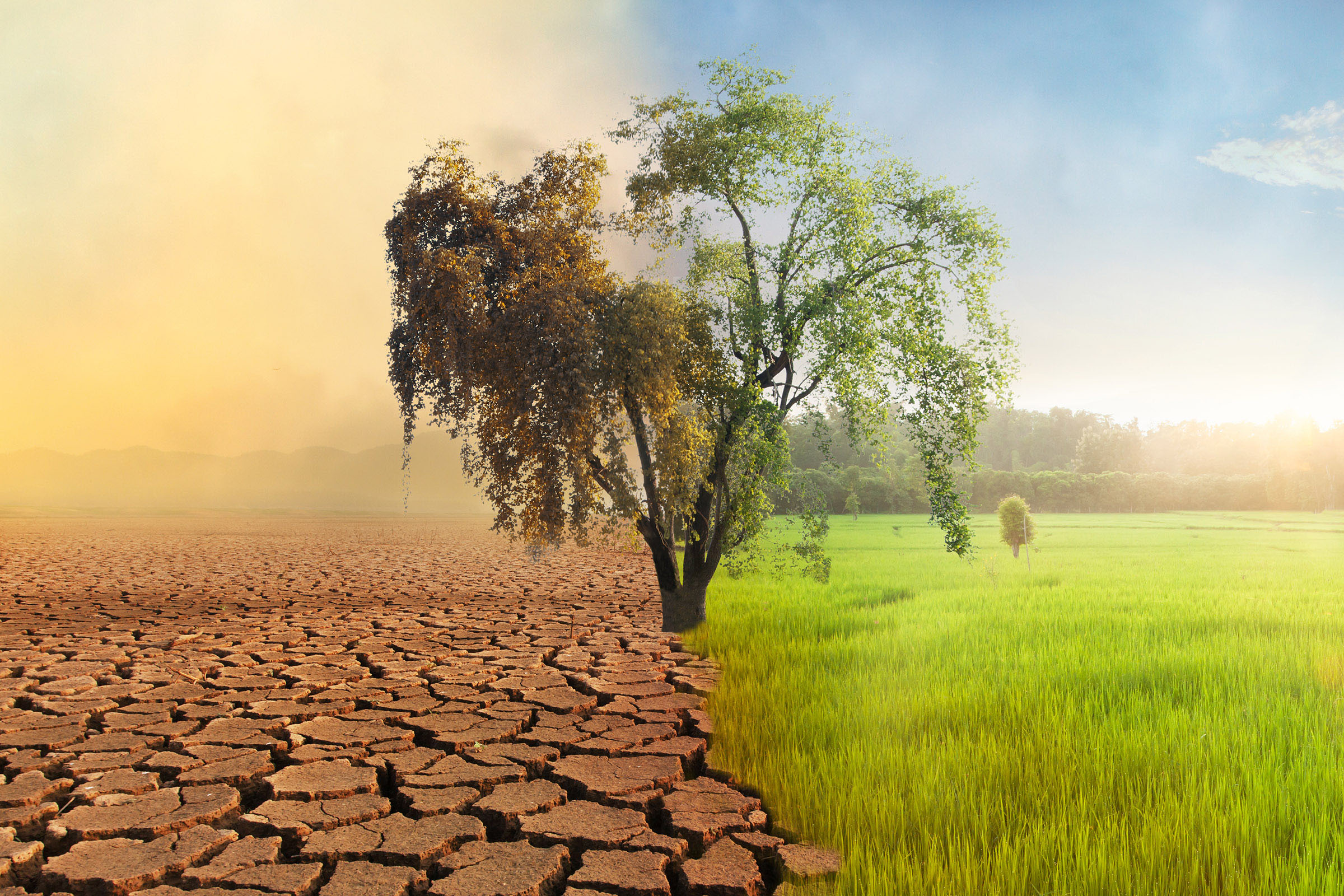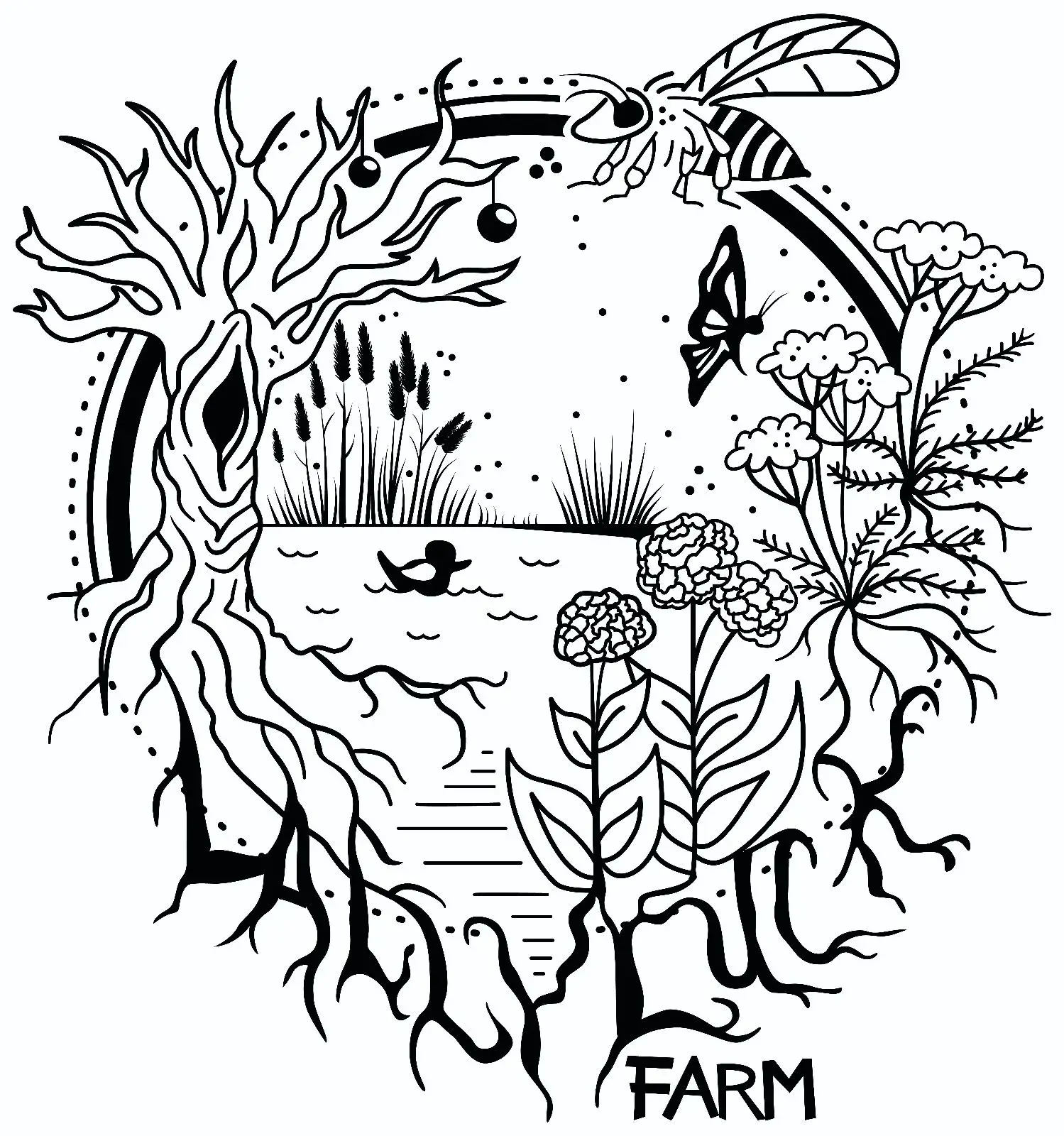A new climate change map shows predictions for just how devastated the future climate will be in various places around the world. The map, which is called The Future Urban Climates, allows interested users to explore how their home area’s climate might change going forward.
The data used to create the map comes from the Intergovernmental Panel on Climate Change (IPCC), and it was created by University of Maryland spatial ecologist Matthew Fitzpatrick to showcase the future of climate change up to 2080.
Of course, all of the changes showcased on the climate change map are just predictions based on current trends of extreme storms, fires, floods, droughts, heat waves, and cold snaps—all of which continue to hit us harder each year.
Here’s the source of the data, I find it way more interesting than the app.
Thanks for sharing!
Florida will be like Mexico in 2080? Somehow I think Florida will be more like Atlantis, but I guess we’ll see.
We can only hope.
Sea level rise takes a lot of time. The projections I saw were somewhere around 1 m by 2100 and 10 m by 2300, depending on the amount of warming of course. I think hurricanes will be a bigger issue for them in this century.
Those sea level rise projections are global. There will be local differences. I don’t know what that means for Florida though.
Similar to how on land we’ll probably see higher temps than the global average, just because the sea is able to absorb so much more energy.
Also recent studies may indicate that melt rates in the Antarctic are higher than previously thought.
I know this is awful and I shouldnt joke, but there is something darkly funny about seeing an article about how devestated the world will be, and then seeing it says Scotland will be like Bilbao for when I retire.
If we continue this trajectory, here are a lot of highly populated and productive urban economic centers that read:
“Future climate for this location is expected to be unlike anything currently found anywhere on Earth, so there are no climate matches for this location.”
These are the most densely populated cities on earth. In the most peaceful 2080 scenario, all that you (or your descendants) would have to worry about in Scotland is that suddenly all these people would be on your doorstep, overburdening your supply chains, disrupting the job market and driving prices relentlessly upward because Scotland suddenly has very temperate weather and everybody wants to be there. Congrats, enjoy the new traffic and strained healthcare system.
In the most realistic scenario, there’s endless war, death, and suffering globally as human migration on a scale we’ve never seen disrupts everything everywhere.
Thank you I’m aware of that, hence why I explicitly caveated my post as being dark humour.
I mean I kind of agree, most of the ones I tried were rather underwhelming. We’ve been joking for a while that Amsterdam would be the new Barcelona, but this tool gives you Bordeaux as a match which is a lovely place to be right now… Tried Edinburgh and the match was in Spain, so a much bigger differential but still I don’t see how that would give any Scots such a bad feeling indeed…
deleted by creator
This is meant as a prediction of how could things could be based on current trends and data, not an inevitable future we can do nothing about. There are many constructive things that can be done. I don’t think leaving sarcastic comments on message boards is one of them.
deleted by creator
I’m sorry for misreading your comment. Seeing un-constructive comments elsewhere probably prejudiced me. These are definitely upsetting statistics and those feelings are valid. Good news is they’re only inevitable if we allow them to be so hopefully we can influence others to take action as individuals for collective change and liberation.
deleted by creator
Build community. Actively engage your representative’s offices by phone and by letter - even printing the script from 5calls and mailing it is more impactful than sending a form email. Build community. Invest in mutual aid networks with your neighbors by providing what you have if and when they need it and by asking them for help. If you have the space and bandwidth, grow and share food with those who don’t to help them free up some of their own bandwidth and encourage them to engage when they can. Build community. Engage with your local government and push for mitigation efforts and for climate-focused projects. Bring the community you’re building to help push for these projects. Give yourself the grace to know that it’s not just on you and that countless others like you are pushing towards those same goals where they are.
deleted by creator
This will be fun at thanksgiving!
Interesting tool. I saw a climate projection for 2050 a few years ago (wish I could find it again) that suggested that my area in Maine would be similar to the climate of Baltimore / D.C. Metro and began looking for seed distributors in that region. I figure that assisted migration and mixing genetics from our region as it exists now and the region it will approximate will possibly help to provide some semblance of resilience for the forest we manage. This tool, at thirty years later than the other, puts us as resembling western Missouri which shares many climactic features as the region I had initially targeted (a relief, such as it is) but could signal a loss of our coastal effects. I’m unsure how exactly to parse that alongside my understanding of sea level rise and the fact that Maine’s waters are some of the fastest warming in the U.S.







